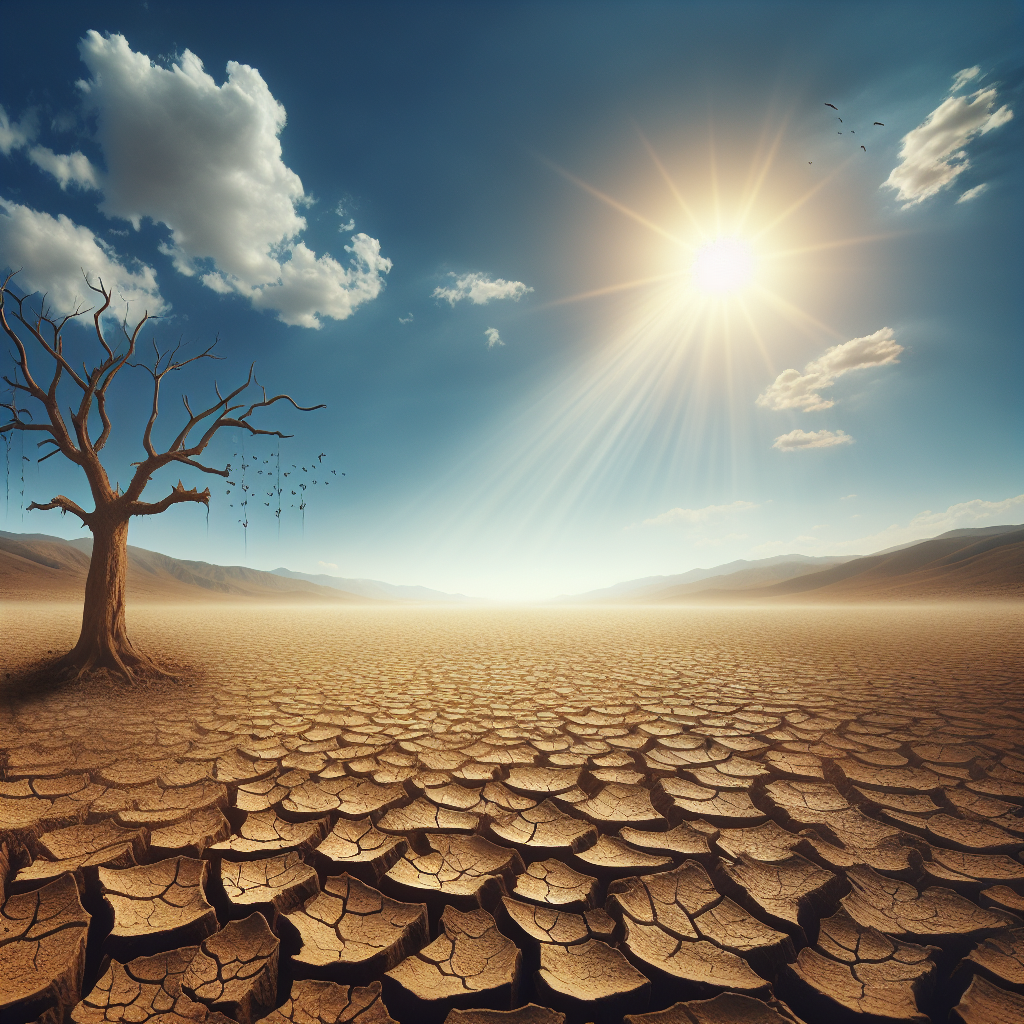Southern Africa Faces Crisis: El Nino-Induced Drought Impacts 68 Million People
Southern Africa is facing its worst drought in years, affecting 68 million people due to the El Nino phenomenon. The drought has devastated crops and livestock, leading to severe food shortages and economic impacts. SADC leaders are meeting to discuss the crisis and appeal for $5.5 billion in aid.

About 68 million people in Southern Africa are suffering the effects of an El Nino-induced drought, which has devastated crops across the region, the regional bloc SADC reported on Saturday.
The drought, beginning in early 2024, has severely impacted crop and livestock production, leading to food shortages and economic damages. Leaders from the 16-nation Southern African Development Community (SADC) convened in Zimbabwe's capital, Harare, to address regional issues, including the pressing food security crisis.
Elias Magosi, SADC executive secretary, stated that 17% of the region's population is in dire need of aid. "The 2024 rainy season has been extraordinarily challenging, with much of the region experiencing late rains due to the El Nino phenomenon," he remarked.
This drought is the worst in years for Southern Africa, attributed to the naturally occurring El Nino and aggravated by higher temperatures from greenhouse gas emissions. Zimbabwe, Zambia, and Malawi have declared the hunger crisis a state of disaster, while Lesotho and Namibia are calling for humanitarian assistance.
Although a $5.5 billion appeal was launched in May for humanitarian support, SADC chair Joao Lourenco noted that the response has been inadequate. "We urge regional and international partners to enhance their efforts to assist those affected by El Nino," the Angolan President stated at the summit.
This year's summit also focused on the conflict in eastern Democratic Republic of Congo, which remains a significant concern, Lourenco added.
(With inputs from agencies.)
ALSO READ
Diverging Paths: Harris and Trump on Climate Change
Africa's Growing Climate Change Burden: A Financial Crisis in the Making
Harnessing AI for Accurate Flood Prediction in South Sudan Amid Climate Change
Pope Francis Tackles Climate Change on Historic Tour
Impact of Climate Change on Voting Rights Highlighted at FEMBOSA Conference










